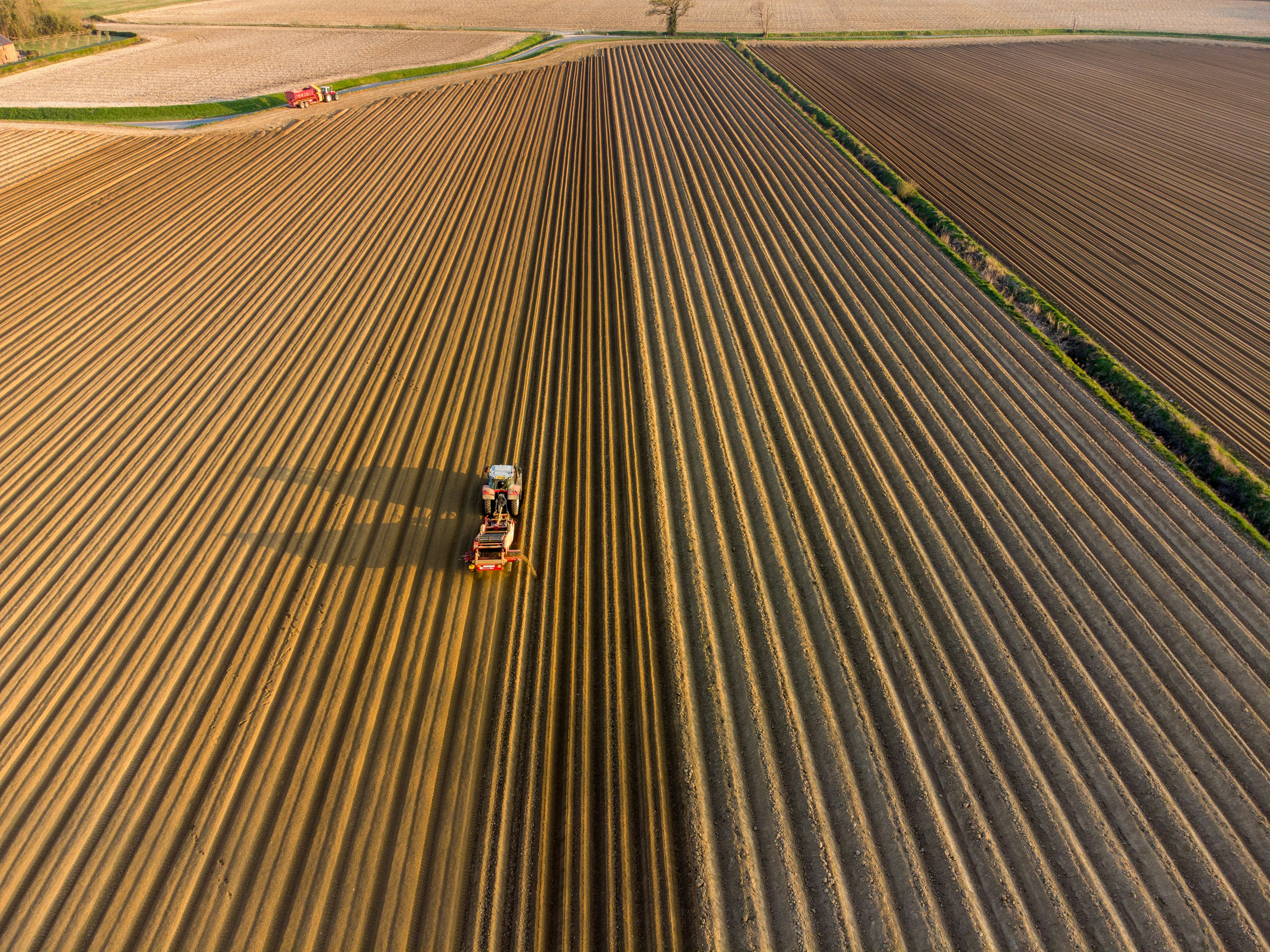Data-Driven Agriculture: Harnessing Insights
Innovation
Feb 26, 2024
In an era defined by technological innovation, the agricultural industry is undergoing a profound transformation driven by data. From precision farming to crop management, harnessing insights from data is revolutionizing how farmers cultivate crops and manage their land. In this article, we delve into the concept of data-driven agriculture and explore how farmers are leveraging insights to foster sustainability and productivity.
Unlocking the Power of Data
Data-driven agriculture, also known as precision agriculture, involves the collection, analysis, and utilization of data to optimize farming practices. This approach enables farmers to make informed decisions based on real-time information about soil conditions, weather patterns, crop health, and more. By harnessing the power of data analytics, farmers can maximize yields, minimize inputs, and reduce environmental impact.
The Role of Data in Farming
Data plays a multifaceted role in modern agriculture, influencing various aspects of farm management and decision-making:
Precision Farming: Data-driven insights are at the core of precision farming techniques, which involve targeted resource management based on detailed information about field conditions. By collecting data through sensors, drones, and satellite imagery, farmers can tailor inputs such as water, fertilizers, and pesticides to specific areas of their fields, optimizing resource use and improving crop yields.
Crop Monitoring and Management: Data analytics enable farmers to monitor crop health and growth throughout the growing season. By analyzing imagery and sensor data, farmers can detect early signs of stress, disease, or pest infestations, allowing for timely intervention. This proactive approach to crop management helps minimize yield losses and maximize profitability.
Environmental Stewardship: Data-driven agriculture promotes sustainability by minimizing environmental impact. By optimizing inputs and reducing chemical usage, farmers can mitigate soil erosion, conserve water resources, and minimize greenhouse gas emissions. By adopting precision farming practices, farmers can contribute to a more sustainable and resilient food system.
Market Intelligence and Decision Support: Data analytics also play a crucial role in market intelligence and decision support for farmers. By analyzing market trends, pricing data, and consumer preferences, farmers can make informed decisions about crop selection, planting schedules, and marketing strategies. This enables farmers to adapt to changing market conditions and maximize profitability.
Challenges and Considerations
While data-driven agriculture offers immense potential, it also presents challenges and considerations for farmers:
Data Collection and Integration: Collecting and integrating data from various sources can be challenging, requiring investment in technology and infrastructure. Farmers must also ensure data quality and accuracy to derive meaningful insights.
Data Security and Privacy: Protecting sensitive farm data from unauthorized access and cyber threats is a critical consideration in data-driven agriculture. Farmers must implement robust security measures and data management practices to safeguard their information.
Digital Divide: Access to technology and digital literacy may pose barriers to adoption for some farmers, particularly those in rural or developing regions. Bridging the digital divide and providing training and support for farmers is essential to ensure equitable access to data-driven agriculture tools and resources.
Looking Ahead
Despite these challenges, the future of data-driven agriculture looks promising. As technology continues to advance and stakeholders collaborate to address barriers to adoption, data-driven insights will play an increasingly central role in shaping the future of farming. By embracing data-driven agriculture practices, farmers can unlock new levels of efficiency, productivity, and sustainability, paving the way for a more resilient and food-secure future.
Conclusion
Data-driven agriculture represents a paradigm shift in how farmers cultivate crops and manage their land. By harnessing insights from data analytics, farmers can make informed decisions that optimize resource use, maximize yields, and promote environmental sustainability. As the agricultural industry continues to evolve, data-driven agriculture will play a critical role in driving innovation and resilience in farming practices, ultimately contributing to a more sustainable and food-secure future for generations to come.




